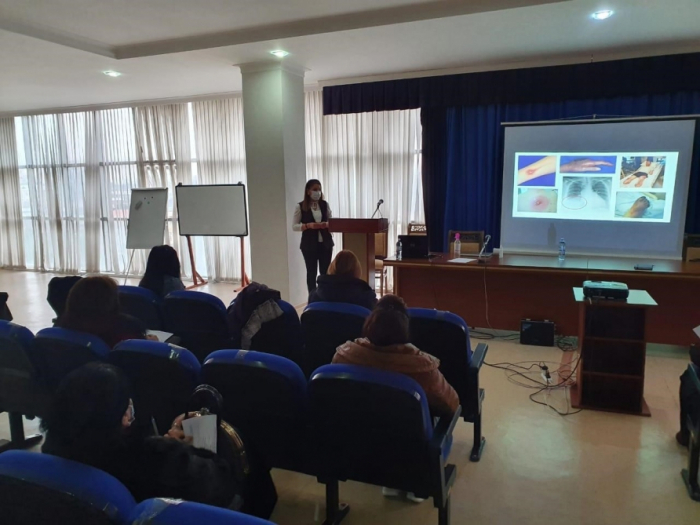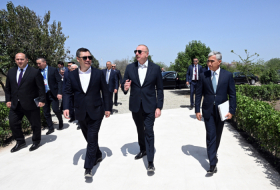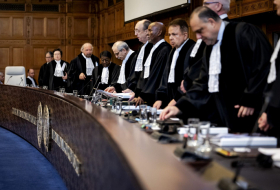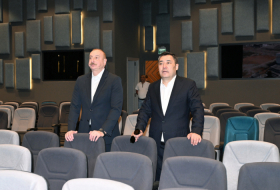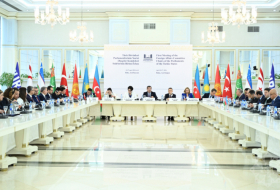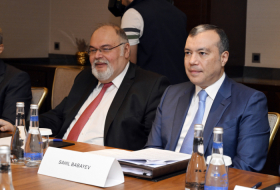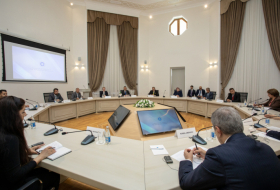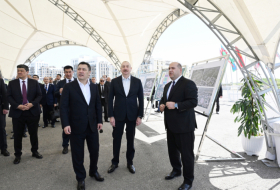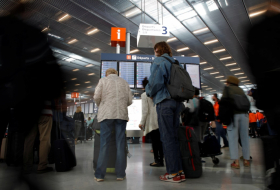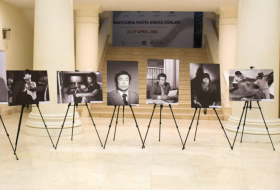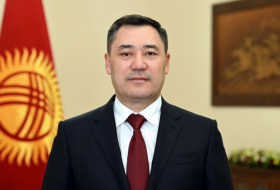According to the WHO Country Office in Azerbaijan, the mission was part of the Solidarity for Health Initiative project funded by the European Union and implemented by WHO Azerbaijan.
The mission team visited Barda, Tartar, Aghdam, Aghjabadi, and Fuzuli districts and assessed both the existing infection control standards and the ability of facilities to manage infection prevention and control in the context of increasing COVID-19 cases. Key areas assessed included screening and triage, intensive care units, maternity, sterilization, and surgical programs, as well as facility waste management in the health facilities in the mentioned districts.
The mission team also held discussion with hospital directors on how best IPC needs within their facilities can be supported, and WHO experts provided recommendations on how to improve IPC based on WHO guidelines. Responsive trainings were then held with the participation of 100 staff members from seven health facilities, including doctors, epidemiologists, nurses and other health workers to cover key elements of infection prevention and control which had been identified as high priority within the assessment visits. Trainings were held over multiple sessions, and in line with current COVID-19 restrictions and IPC advice.
More about: Azerbaijan WHO








